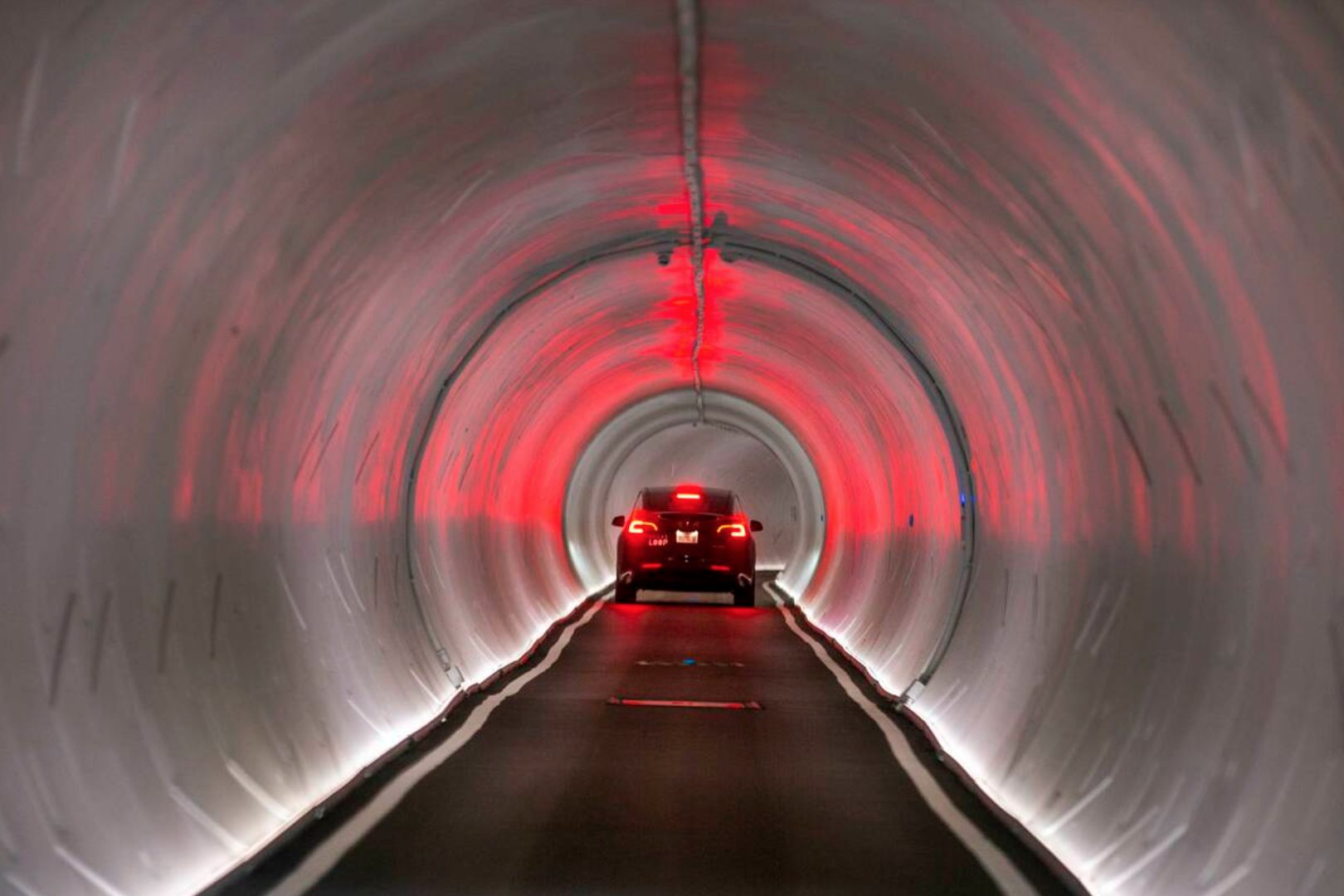
The Boring Company Deals with Permitting Issues for R&D Center in Texas

The Boring Company has been embroiled in a protracted regulatory battle with the City of Bastrop, Texas, where its new research and development center is located — reports Bloomberg.
According to documents obtained by Bloomberg News through a public records request, Elon Musk’s tunnelling company built a driveway where it wasn’t supposed to and without official approval, did not obtain proper air quality and stormwater management permits, and has employees living in mobile homes on-site without a sewage permit.
Boring Co. last year submitted an application for a driveway from its new R&D facility a nearby farm-to-market road, the FM 1209.
The company was informed by Texas Department of Transportation (DOT) engineer Margaret Lake that the filing was missing several key elements, including an overall site plan, and that the planned driveway was at least 153 feet too close to the nearby Walker Watson road.
However, the Texas DOT later found that Boring had built the driveway at the same location anyway.
The two parties have also locked horns on other issues pertaining to the driveway, including that Boring should build additional space for vehicles to get on and off the road as it lacks an appropriate shoulder.
Lyndon Henry, an Austin-based transportation planning consultant, said it was “extremely unusual, especially for a major company like that, to basically ignore state safety laws.”
“I would think it reflects very badly on them to be ignoring safety regulations regarding something as simple and elementary as an access driveway.”
Community commissioners also delayed Boring’s application for a permit for a new manufacturing facility at the site after they learned there were workers living on-site without authorized sewage management.
After the manufacturing facility permit was postponed, Boring President Steve Davis had a “terse” conversation about it with Bastrop Commissioner Mel Hamner. According to Hamner, Davis concluded the conversation by saying Boring would continue to cooperate with the county in resolving the issues.
When the Texas Commission on Environmental Quality visited the R&D facility, it found that three silos had been installed without permits for air quality or stormwater management.
The Commission recommended that Boring get the required permits, which the company has since done.
Earlier this year on April 25, the Texas DOT threatened to barricade the company’s driveway unless a traffic control plan was submitted and approved. Boring Business Development Lead Brian Gettinger complied, and Boring Co. installed orange signs warning drivers on the FM 1209 of its driveway by the end of that week.
Boring obtained a provisional permit for the driveway earlier this month. A final permit, however, could take up to 60 days to make its way down the flagpole.
Boring Co. is the exception and not the rule regarding friction with the Texas administration. The biggest reason Musk moved himself and Tesla to Texas is because of how business-friendly the state is.
Tesla has seen lots of benefits from the move so far. “We built the factory here in less time than it would have taken to get the permits in California,” Musk recently said, speaking from Tesla’s new Gigafactory near Austin, Texas.
Earlier today, the City of Las Vegas announced it has approved the installation and operation of The Boring Company’s proposed Vegas Loop expansion to city limits. Musk’s tunnelling venture also received approval for a pedestrian tunnel in Kyle, Texas, last month.

